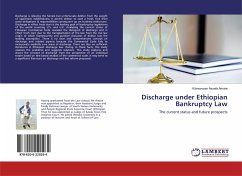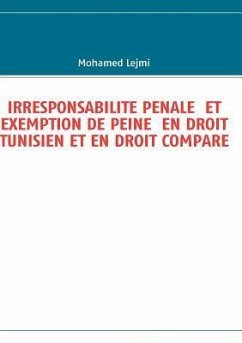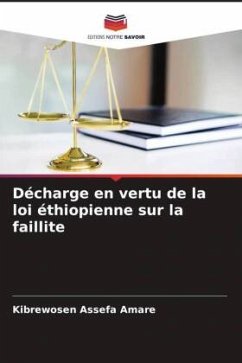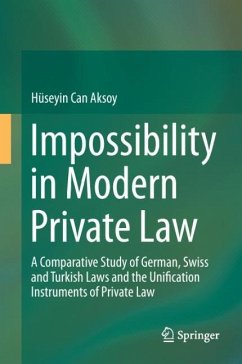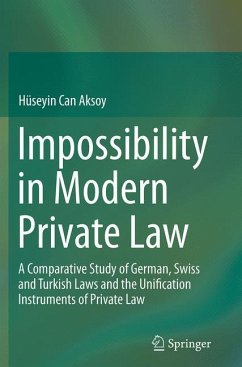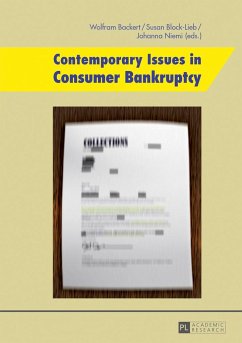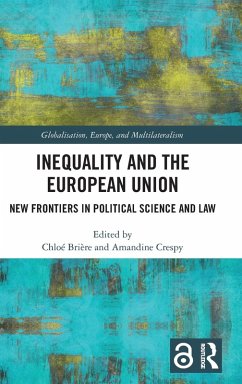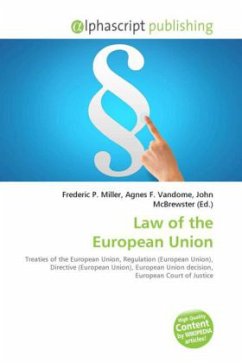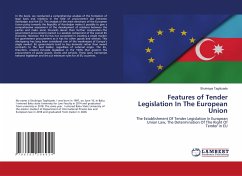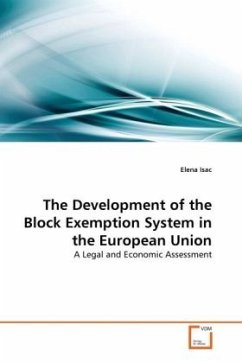
The Development of the Block Exemption System in the European Union
A Legal and Economic Assessment
Versandkostenfrei!
Versandfertig in 6-10 Tagen
32,99 €
inkl. MwSt.

PAYBACK Punkte
16 °P sammeln!
This work assesses the development of block exemptions in order to investigate the economic benefits and drawbacks of using this legal technique. It examines the provisions of Article 81 and demonstrates that they do take into account economic considerations even if few shortcomings exist due to the way in which they have been interpreted. This work also discusses the main characteristics of block exemptions and the applicable procedural rules. It demonstrates that over time the importance of economic considerations has increased, which is a strong positive aspect. Finally, the work looks at a...
This work assesses the development of block exemptions in order to investigate the economic benefits and drawbacks of using this legal technique. It examines the provisions of Article 81 and demonstrates that they do take into account economic considerations even if few shortcomings exist due to the way in which they have been interpreted. This work also discusses the main characteristics of block exemptions and the applicable procedural rules. It demonstrates that over time the importance of economic considerations has increased, which is a strong positive aspect. Finally, the work looks at all past and present block exemptions. It shows that the evolution of block exemptions was a difficult process and that their content changed significantly over time. This is why a simplification of their structure would be welcome in order to provide more flexibility so that the legal rules can adapt to changing economic circumstances without the need for them to be amended frequently. The work concludes that overall the benefits created by block exemptions outweigh their shortcomings and thus they are an effective legal technique for regulating competition law in the EU.



